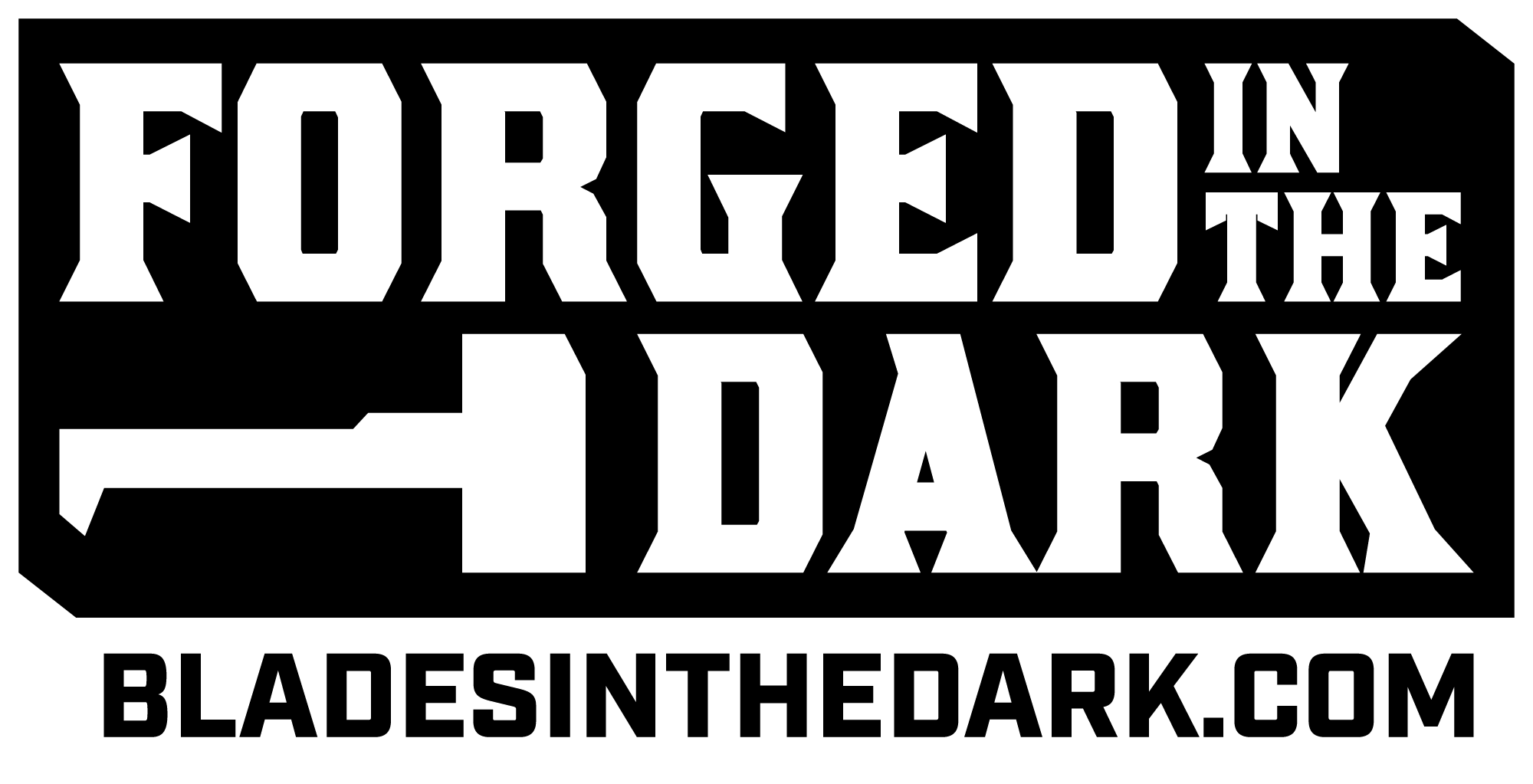Stability 
Stress Relief
Your characters are a special lot. They give up an ordinary life to chase down a ruthless conspiracy. They push themselves further than most people are willing to go. But this comes at a cost. Their life is one of constant stress. Inevitably, each seeks out a source of stability in order to cope.
A character’s source of stability is an essential coping mechanism. It provides a safety valve, relief from stress and the ability to once again face the overwhelming challenges of their daily life.
Some characters end up choosing unhealthy coping mechanisms. This can be great for adding a great sense of drama or an element of tragedy, which is why it happens so often in movies and books. This can also affect the people around the table in unexpected ways, so be mindful of the safety tools when roleplaying such a character.
Stability Roll
- Roll dice equal to your Lowest Attribute rating.
Clear stress equal to your highest die result. If you clear more stress levels than you had marked, you overdo it.
Source of stability
During character creation, you choose a source of stability, provide a detail and name a supporter. Your supporter is generally someone who provides the material, location, or guidance that makes this effective. In some cases, you might name an object or location of great emotional or symbolic value instead of an individual.
Faith: A character anchored by their faith turns to their belief system for comfort. Their supporter is usually someone who counsels people of the same faith, though it may also be a particular object or location that serves as a symbol of their faith.
Gaming: Competitive characters tend to have fun by testing their wits (or their luck) against an opponent. Their supporter might be a specific opponent in a long-running strategy game, a person who helps them network with other players, or the owner of an establishment they frequent.
Luxury: Some characters reward themselves with expensive or ostentatious displays of wealth and opulence. Their supporter could be a wealthy patron, a personal assistant, or a fellow member of some exclusive society. It could also be a particular object or location that symbolizes luxury.
Obligation: Some characters anchor themselves with their devotion to their family, a cause, an organization, or a charity. Their supporter may be a family member, someone who works for the same organization or charity, or a role model to the cause. It could also be a personal momento that serves as a focus of their dedication, like a family heirloom or a service medal.
Pleasure: Those who live by the “work hard, play hard” motto often seek stability by focusing on gratification of the senses. Their supporter might be someone who supplies them with what they desire (music, food, drink, sex, drugs, art, etc), the owner of an establishment they frequent, or someone who organizes tickets to events.
Solitude: Introspective characters may recharge by withdrawing into a solitary activity of some form. Their supporter might be an assistant who prevents interruption, a teacher who provides guidance or advice, or the person who provides the materials needed.
Weird: The infinite diversity of humanity means there are forms of stress relief that defy easy categorization. Their supporter will likely be as strange and unexpected as the source itself.
Seek out stability
When you seek out stability, you clear some stress from your character’s stress track. Say how your character seeks out stability, including the locations, people, or substances involved. This is a good opportunity to have a character-driven scene or flesh out details of the world around the character. This indulgence takes time, so it can only be done when the crew has downtime.
You roll to find out how much stress relief your character receives. A stability roll is like a resistance roll in reverse—rather than gaining stress levels, you clear stress levels. The effectiveness of your indulgence depends upon your character’s worst attribute rating. It’s their weakest quality (Insight, Prowess, or Resolve) that is most heavily stressed.
Make an attribute roll using your character’s lowest attribute rating (if there’s a tie, that’s fine—simply use that rating). Clear stress equal to the highest die result.
Overdoing it
If your stability roll clears more stress levels than you had marked, you overdo it. It’s all too easy to let your guard down when you’re finally taking a breather. It’s a risk—and one that can drive your character to act against their own best interests.
When you overdo it, you make a bad call because of your source of stability—letting slip an incriminating detail, being recognized by the wrong person, overindulging in a vice. To bring the effect of this bad decision into the game, select a consequence from the list:
- Attract Trouble. Select or roll an additional entanglement.
- Brag about your exploits. +2 heat.
- Lost. Your character vanishes for a few weeks. Play a different character until this one returns. When your character returns, they’ve also healed any harm they had.
- Tapped. Your current source becomes unavailable. Find a new source or supporter.
Off Duty
Characters who are not sent on a mission spend some time off duty, automatically reducing their stress and harm. You don’t have to make a roll for this, and you don’t have to worry about overdoing it as a result.
Roleplaying & XP
An agent’s source of stability can tell you something about their motivations, goals, and behaviour. When you ponder what your character might do or say next, you can always consider their source of stability to help you think of something. As an added benefit, by playing to the nature of your character’s source of stability, you earn xp at the end of the session.
